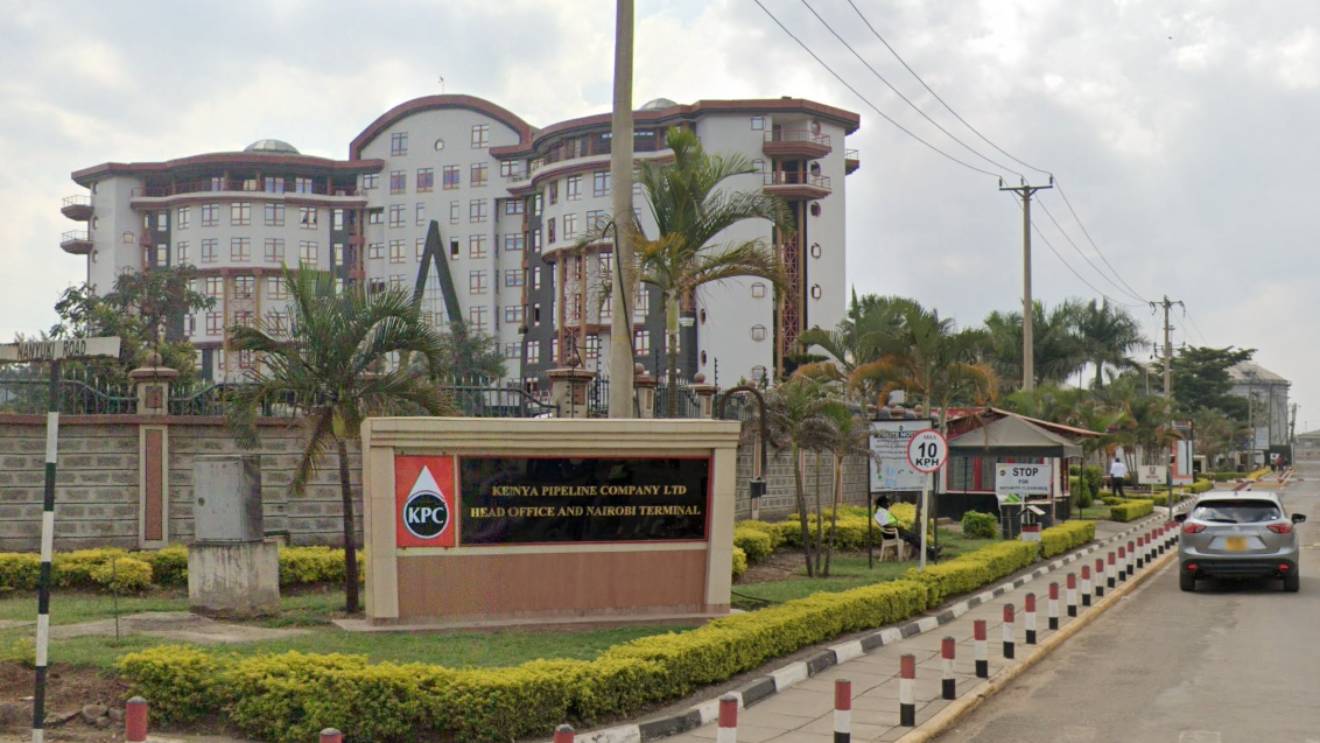Employees of Kenya Pipeline Company (KPC) will be allocated shares in the firm ahead of its listing on the Nairobi Securities Exchange (NSE) in September, as the government prepares to cut its ownership from full control to 35 per cent.
Treasury Cabinet Secretary John Mbadi explained the government’s decision to involve staff in the upcoming Initial Public Offering (IPO).
“The inclusion of an ESOP will ensure that staff share in the company’s future growth,” Mbadi stated.
A Sessional Paper submitted to Parliament outlined plans to roll out an Employee Share Ownership Plan (ESOP) as part of the listing process.
The Treasury expects to raise approximately Sh100 billion by divesting 65 per cent of its stake in the State-owned energy firm.
Read More
To support the listing, the government plans to amend KPC’s Memorandum and Articles of Association, issue new or existing shares, and increase public float to attract broader investor participation.
The IPO will incur Sh100 million in listing and public participation expenses, which will be deducted from the proceeds.
The Cabinet approved KPC’s reinstatement into the privatisation programme during a meeting chaired by President William Ruto at State House, Nairobi, marking a renewed push to shift commercial State corporations into private hands.
Explaining the decision, the Cabinet noted the company’s underperformance under full public ownership.
“KPC, a strategic player in Kenya’s energy supply chain, has maintained a strong profitability record and holds significant asset value. However, the Cabinet noted that the company has not yet reached its optimum performance and market value, largely due to bureaucratic constraints and public sector inefficiencies,” the Cabinet said.
Officials stated that involving the private sector would breathe new life into KPC’s operations.
“Bringing in private capital and professional expertise is expected to inject new energy into the company, modernise operations, and position KPC as a regional logistics and energy powerhouse,” the Cabinet said.
The move also reflects a broader shift in how the State intends to manage economic growth.
“The approval marks a shift from State dominance in commercial enterprises to a model that embraces private sector-led growth, operational discipline, and accountability, ultimately ensuring that public resources are better used to deliver essential services,” the Cabinet concluded.
With employees now included in the shareholding structure, and a majority stake set to be offered to the public, the government is banking on KPC following in the footsteps of other privatised firms such as Safaricom and KenGen, which expanded rapidly under private leadership.








